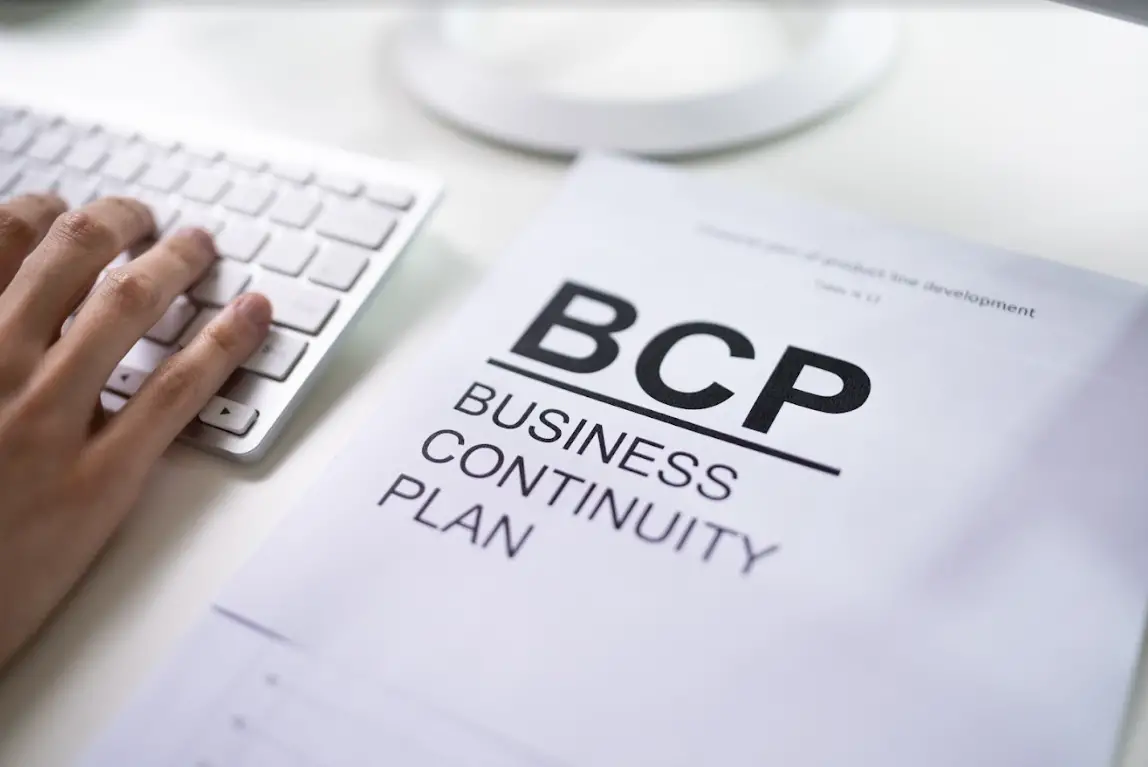Fortunately, more modern businesses are putting their business continuity plan in place to protect their operations from losses. Still, some companies fail to realize its significance and often experience disasters that severely hinder their growth. If you’re on your way to creating a continuity plan, read along with this article to learn more about creating a contingency plan for your marketing efforts.
Even your effective marketing strategies and implementations can experience unanticipated interruptions or disruptions. No one can anticipate and predict what’s going to happen. Your planned marketing and promotional gimmicks might get canceled for whatever reason. Your social media accounts can be hacked. There can also be weather-related disasters that may take place in your area.
Having a marketing continuity plan allows you to react proactively to whatever can happen when it comes to your marketing efforts. So here are some tips for creating a good plan:
1. Consider Hiring Third-Party Companies
Your internal marketing department may be performing well with their ongoing marketing projects, not until a disaster happens. Be it a data breach, a calamity, or some other unfortunate situation, your marketing department may not be able to recover from it if they don’t have the skills for it. Your marketing efforts can also experience a crisis, and it can be challenging to find the best solutions. In this case, hiring third-party business continuity consulting companies as business partners is very helpful. Not only will they be able to help you restore your operations quickly, but also recommend additional solutions that would fit the needs of your business.
For instance, having an IT support Rhode Island RI service provider can help you manage risks during downtime. When most of your marketing efforts are made digitally, they can equip you with the tools and techniques so you can resume in no time. Even with disruptions and hurdles, they can help your business get back on its feet.
2. Evaluate And Reassess Your Current Marketing Efforts
To create a marketing backup plan, review your current processes and efforts. While you may have applied some tips to help you create a marketing strategy, you must carefully evaluate and check whether your everyday marketing activities have room for growth and improvement.
Some businesses fail to do this step, which is why when some plans backfire, they don’t have a choice but to disregard the entire marketing plan. By reassessing your marketing activities firsthand, you can better establish other routes or pathways to ensure they won’t go to waste.
As technology and marketing trends frequently change and expand, it always makes sense to keep your current processes in check. Be open to many possibilities and always stay flexible. It will allow you to go with the flow and adapt to whatever is required for your marketing campaign to succeed.
3. Determine The Critical Marketing Areas
To create a marketing continuity plan, identify critical marketing areas. Check which aspects of your marketing plan need constant attention. Identifying essential marketing regions involves figuring out how you can benefit your customers right now and how you can show them that value. For instance, consider asking yourself, among all your marketing strategies displaced, which needs more budget, time, and strategizing? You can arrange your methods based on their efficacy and the target market you’re trying to reach.
You can check which marketing strategy yields more results based on your history and data records. Depending on your goals, you can check which marketing idea is most likely helpful in achieving them. For instance, if you want to grow your social media pages, you need to emphasize advertisements, generate traffic, and reach more followers. If you intend to increase your website traffic, investing in SEO, paying for ads, and revitalizing your marketing strategies may be necessary. All these efforts require a backup plan in case your original approach fails.
You must adjust your ads and content across all social media and other online platforms and channels. It could be ideal for adding a few extra initiatives like newsletters, email marketing, and other marketing tactics. Having a broader scope of digital marketing initiatives will allow you to have plan B when plan A doesn’t work out ultimately.
4. Ensure Smooth And Clear Internal Communication
Another critical tip to having a marketing continuity plan is to secure internal communication, especially within teams and employees. No matter what announcement, concern, or ideas anyone has, the message must be communicated quickly, clearly, and efficiently in any crisis.
Being unprepared for how you communicate your business continuity plan on social media during a crisis is one of the worst things you can do to your company. Even if you already have backup plans and ways to deal with disasters or failures, they may not be successful if you fail to communicate and inform the rest of the company members.
Overall, this may hurt your brand and your business. Having everyone know their role and understanding the flow of information is more important than anything else. Another benefit of having a unified platform for internal communications is that it reduces the need for endless emails and reduces confusion.
5. Create A Sturdy Decision-Making Process
It is the marketing’s responsibility to communicate with the outside world. Without a fixed decision-making process, it can be confusing for the marketing team to react to unexpected events and changes. Therefore, it’s crucial to designate someone or a few key people to make decisions or be responsible for being the company voice. It is essential to listen to and understand the messages your marketing team is saying.
The key here is to have a collaborative and joint effort to ensure that the marketing team can communicate and decide the best solution for the welfare of the entire company. Consequently, marketing teams need direction from management to minimize confusion and prioritize tasks.
Mastering teamwork is essential to marketing. If you don’t set up and communicate your processes and decision-making flows well, you may not be able to resolve issues effectively.
Conclusion
Marketing continuity plans are necessary since a crisis affecting this aspect can happen to any company at any time. With the tips mentioned in this article, you or your marketing department can have some ideas on how to tackle unexpected events or situations. The key to defining and implementing a marketing continuity plan is communication, preparedness, coordination, and collaboration within your organization.








0 Comments